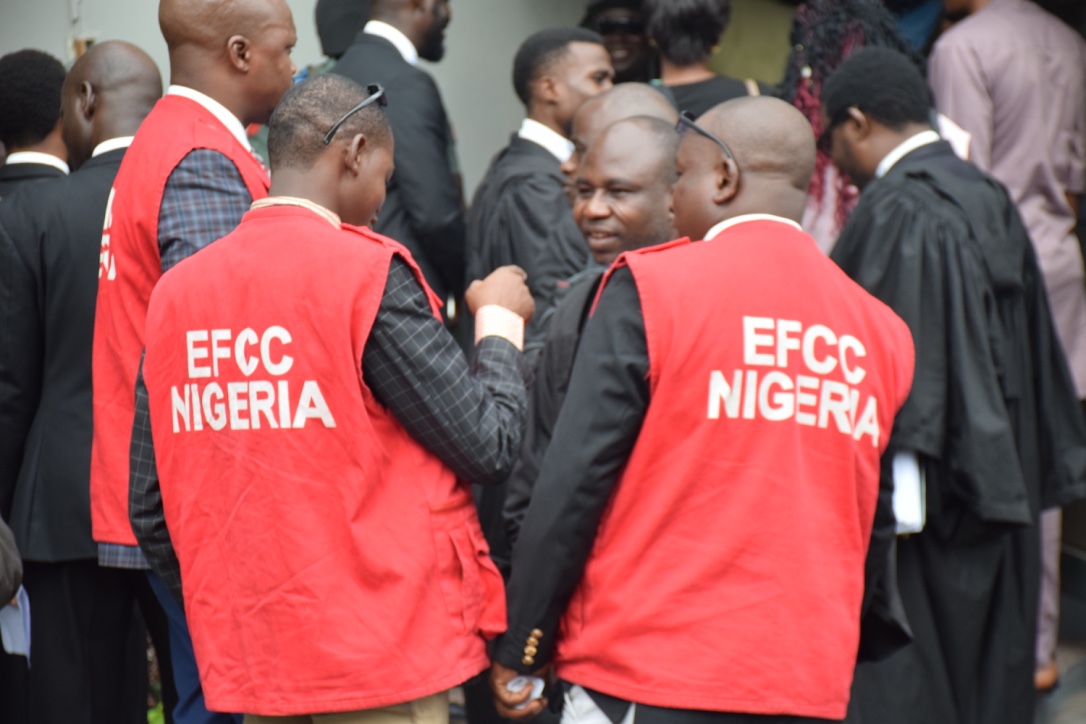Some folks who read this syndicated column every Wednesday have asked me at one point or the other, what beef do you have with the Nigerian Communications Commission (NCC)? Not any, I would always say, although beef is not the best source of protein for a senior citizen. So, beefing can be an invitation to trouble.
I shouldn’t anyway. But having experienced the system from without and within and now without again, as a journalist and regulator and now a columnist, there is still so much fire burning within, like sulphur, to rouse the regulator from what I consider the stupor of underwhelming performance, to once again attain that dizzying height of achievement where it once belonged. It is a history experiencing the rituals of vicissitudes where the privileged helmsman must strike the iron when it is hottest. There is always a commitment to alert him to that privileged opportunity.
Last week, the regulator proved it can take some criticism, no matter how acerbic, even more than a knife to the guts, when a source within the Commission demonstrated considerable equanimity to explain some considered actions and decisions by the regulator that may percolate in achievements, and initiate a renaissance for an industry struggling at the tethers.
That takes some boldness, which my source explained, is stoked by a commitment to transparency. Oh, some hard decisions!
Advertisement
After a rebasing of the telecommunications subscriber base in Nigeria, the figures plunged from 219,304,281 in March 2024, to 153,323,316 in September 2024. This is a clear case of irony. When our dear nation rebased her economy in 2014, the GDP fortunes suddenly increased by about 89 percent, propelling Nigeria to overtake South Africa as the largest economy in the continent. Yes. 2014 was when that word, rebase, gained currency in our dear nation with far-reaching effects still remembered wishfully today.
Ironically, some would wish for a complete lobotomy of the regulator’s recent action from our reasoning system. So, what happened? Two things – one hard decision and the completion of the NIN-SIM Linkage Policy of the Federal Government.
The hard decision, which has been trapped in the vortex of politics, was the calculation of telecom subscriber statistics in Nigeria with population figures from NPC. “In January this year, the NCC revised its telecommunications statistics to reflect Nigeria’s updated population estimate of 216,783,381 as projected by the Nigerian Population Commission (NPC) in 2022. The adjustment replaced the previously used 2017 population estimate of 190m. With this adjustment, Nigeria’s teledensity dropped from 115.63 percent to 102.30 percent for the month of September 2023, and broadband penetration declined from 45.47 percent to 40.85 percent in the same period, even as active voice and internet subscriptions showed modest growth,” my source confided.
Advertisement
This is a significant development. For long, that decision was waiting to be taken but nobody dared. It was once rumoured that a couple of regulators were too afraid to take such figures to the Villa – the hype name for Nigeria’s seat of government, saying they couldn’t predict the reaction of politicians in government. The source said the NCC management, under the leadership of Dr Aminu Maida, has put the figures in the open not only to demonstrate transparency but also to supply realistic statistics that can foster economic planning to attain expected growth. Someone had to take a hard decision, and Maina has done so.
The other supervening factor which brought a reality check on telecommunications industry statistics, is the successful completion of the NIN-SIM Linkage Policy of the government. The exercise which began in December 2020 in a welter of controversies, came to a confusticating end on September 14, 2024, by which time the regulator said “all SIMs operating in Nigeria are linked to a valid and verified NIN. Over 154m lines have been linked.”
The NIN-SIM Linkage Policy was blighted from the scratch mostly by noticeable incapacity from the National Identity Management Commission (NIMC) which seemed swamped by a plethora of data coming from the operators and other sources. With the process completed, the regulator seems to have seized the opportunity to introduce new metrics for Accountability and Transparency in Industry Regulation – a seeming amalgam that provides solutions to so many industry challenges, including: service reliability, consumer satisfaction, regulatory compliance, network rollout, resilience and reliability and even seeming minuscule issues like data bundling and marketing, which must now be explained in plain terms to the subscribers.
The conclusion of the NIN-SIM Linkage Policy and the activation of the newly introduced Accountability and Transparency in Industry Regulation may have thrown up something overwhelmingly befuddling that may not have been properly captured yet or even understood. Placed on the dashboard of the new industry template, a particular operator lost as much as 40m lines, which may be more than the market value of some African countries.
Advertisement
“One Mobile Nework Operator was found to have incorrectly reported around 40m subscribers as active, despite the absence of any revenue-generating activity over a 90-day period. This was an indirect violation of the Commission’s guidelines for determining active subscribers and led to an inflated report of the operator’s subscriber base, thereby skewing industry statistics,” my source revealed.
Skewing industry statistics is a pretty troubling phrase but my source is so excited that he doesn’t seem to mind, as there seems to be some interesting initiatives taking root at the Commission. Oh, just like the regulator waking up to the reality of expectations!
But this I observed. There is a lot of talk about the expectations from the operators by the government, regulator and the consumers but less emphasis on the challenges faced by the same operators who have not been permitted any tariff increase for well over a decade. Yet they remain a critical stakeholder in the entire value chain, so how is the regulator pursuing the operators’ interests as well?
My source was ready. “It’s top of the mind for the EVC. His own view is that it’s about the survival of the industry but only ensuring that processes are followed to arrive at cost reflective charges during the determination process.”
Advertisement
So many expectations are crammed within a little burst of enthusiasm. This writer reminded his source of a little story from venerated playwright and dramatist, Ola Rotimi, who once said, the meat of the antelope is very sweet but what happens while the meat is being cooked? What do you eat?
I tried to rephrase the question for my source. How do you ensure the survival of the operators who are already running losses while a cost reflective determination for the industry is being awaited? I hope there can be a spontaneous response from the smouldering fresh enthusiasm within the Commission. And my prayer is that the response brings immediate relief to the operators who are severely troubled and challenged at the moment by factors beyond their control.
Advertisement
Views expressed by contributors are strictly personal and not of TheCable.
Add a comment









